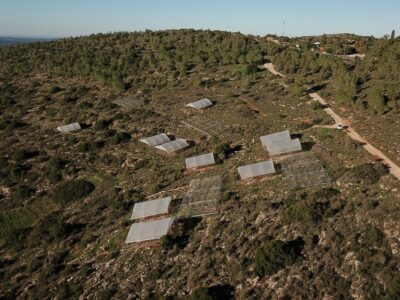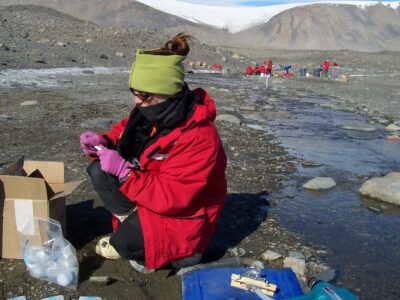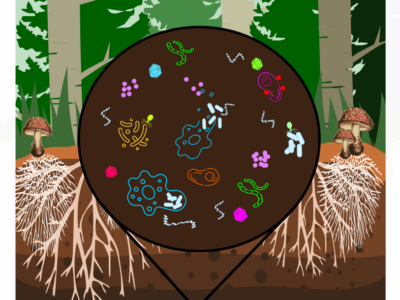Ecosystem transitions: increased variability and regime shifts

Human impacts on ecosystems can result in persistent compositional shifts that are difficult to reverse even after relaxation from perturbations. Considerable debate remains on whether these observed shifts in ecosystems are due to the existence of tipping points and systems with alternative attractors, or whether observed shifts in ecosystems represent communities in alternative trajectories that… Read more »














